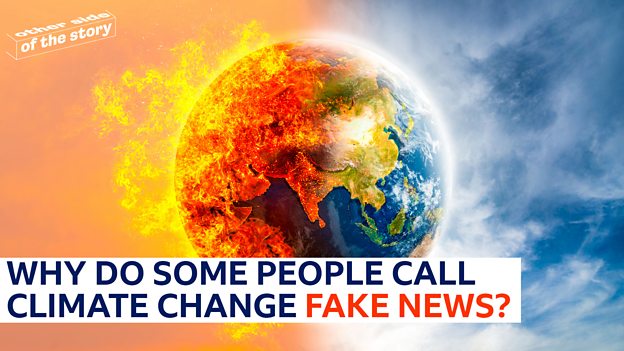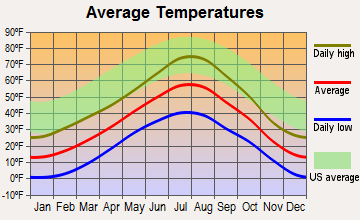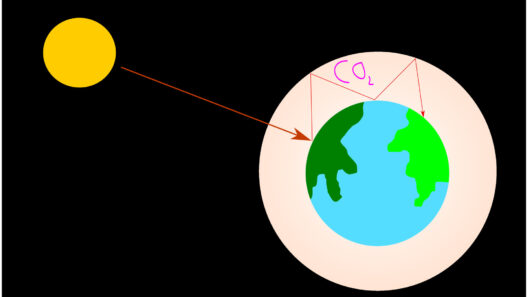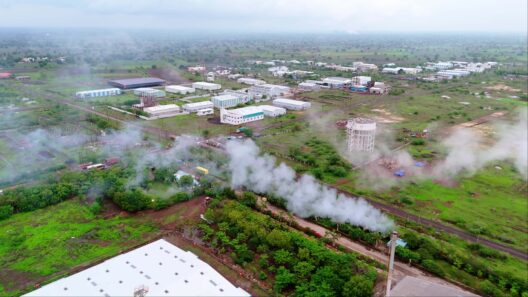Global warming, a pervasive phenomenon attributed largely to human activities, has catalyzed a climate crisis that affects ecosystems, weather patterns, and the very fabric of life. As temperatures rise, the urgency for meaningful action becomes ever more pronounced. But how can we reduce global warming? Every individual holds the potential to effectuate change, and it begins with fostering awareness and implementing transformative practices. This discourse elucidates actionable strategies that can contribute significantly to the mitigation of climate change.
Firstly, one of the paramount strategies in combating global warming is the reduction of fossil fuel consumption. Fossil fuels, such as coal, oil, and natural gas, are the predominant sources of greenhouse gas emissions. Transitioning to renewable energy sources, such as wind, solar, and hydroelectric power, can drastically diminish our carbon footprint. Individuals can play an instrumental role by advocating for clean energy solutions and integrating renewable technologies into their daily lives. For instance, installing solar panels on residential properties not only reduces reliance on fossil fuels but can also lead to considerable long-term economic benefits.
Moreover, adopting energy-efficient practices can significantly curtail energy consumption. Simple actions, such as using energy-efficient appliances, opting for LED lighting, and embracing smart home technologies, can lead to remarkable reductions in energy use. The cumulative effect of these adjustments can lower electricity bills and mitigate emissions simultaneously. Additionally, proper insulation in homes and utilizing programmable thermostats enhances energy conservation, reinforcing a sustainable lifestyle.
Transportation, another critical sector contributing to greenhouse gas emissions, necessitates immediate attention. Carpooling, utilizing public transportation, and embracing non-motorized modes of travel, such as cycling or walking, can significantly reduce carbon emissions. The advent of electric vehicles (EVs) provides an alternative route; they offer a cleaner option compared to traditional gasoline-powered cars. However, the transition involves not just individual choices but also governmental policies that pave the way for sustainable urban transportation infrastructure.
Individuals can also engage in sustainable consumption practices. By making conscious choices regarding food, clothing, and other goods, the demand for energy-intensive production processes can be diminished. Supporting local, organic farms reduces the carbon footprint associated with food transportation while promoting biodiversity and soil health. Additionally, reducing meat consumption can have a profound impact; livestock farming is a significant contributor to greenhouse gas emissions, land degradation, and water consumption. Embracing a plant-based diet, even partially, can contribute to the alleviation of these environmental burdens.
Waste management is another crucial aspect in the quest to combat global warming. The conventional linear economy, characterized by take-make-dispose, yields substantial waste. Transitioning to a circular economy, where materials are reused, repaired, and recycled, fosters sustainability. Individuals can contribute by practicing the three R’s: Reduce, Reuse, and Recycle. Minimization of single-use plastics, composting organic waste, and donating unused items can transform waste management practices, substantially lowering landfill contributions.
Water conservation also warrants attention; water is a finite resource that is often overlooked. Implementing water-saving technologies, such as low-flow fixtures and rainwater harvesting systems, illustrates individual commitment to sustainability. Furthermore, reducing water usage not only conserves this vital resource but also minimizes the energy required for water treatment and distribution, indirectly contributing to a reduction in greenhouse gases.
Education plays an indispensable role in the fight against climate change. By fostering awareness and understanding of environmental issues, individuals can inspire collective action. Initiatives aimed at educating communities about the impacts of climate change and the significance of sustainable practices can galvanize public engagement. Organizing workshops, community clean-ups, or informational sessions can cultivate an informed populace poised to tackle global warming.
Advocacy is another powerful tool. Individuals can influence policies by championing environmental legislation at local, national, and international levels. Participating in movements or organizations that advocate for climate action amplifies the call for change. When citizens unite to demand government accountability, there is a greater likelihood of implementing policies that promote renewable energy adoption, stringent emissions regulations, and sustainable practices across various sectors.
Transitioning to a sustainable future is not merely an individual endeavor; it is a collective responsibility. Collaboration among community members, businesses, and governmental bodies is paramount. Initiatives that foster partnerships between these entities can lead to synergistic solutions addressing climate change effectively. Furthermore, engaging in discussions and sharing best practices can inspire innovative ideas that propel progress.
An often-overlooked aspect of reducing global warming is the significance of personal choices and lifestyle changes. Mindful consumerism—understanding the environmental impact of purchases and choosing sustainable products—nurtures a culture of responsibility. By supporting companies that prioritize sustainability, individuals send a potent message that the market should align with ecological principles.
Ultimately, mitigating global warming necessitates a paradigm shift. This involves a profound re-examination of values, priorities, and practices at every level of society. By fostering a culture of sustainability, individuals can ignite a transformative movement that spans generations. Each mindful action, no matter how small, contributes to the collective goal of a healthier planet.
In conclusion, the fight against global warming is multifaceted and requires unwavering commitment. By implementing energy-efficient practices, advocating for sustainable policies, and fostering community engagement, individuals can take significant strides towards reducing climate change. It is imperative to recognize that every effort counts. Together, through informed choices and united action, we possess the power to alter the trajectory of our planet’s future.







